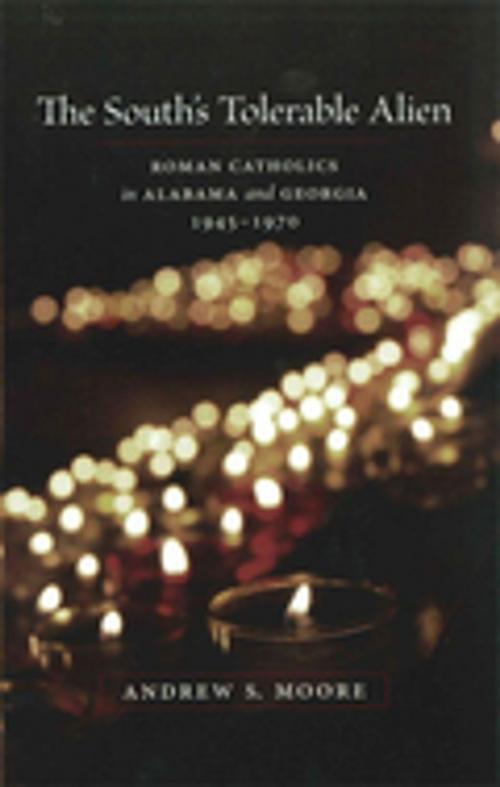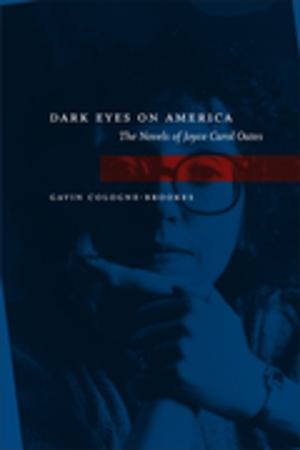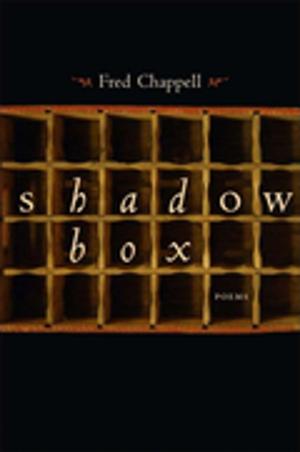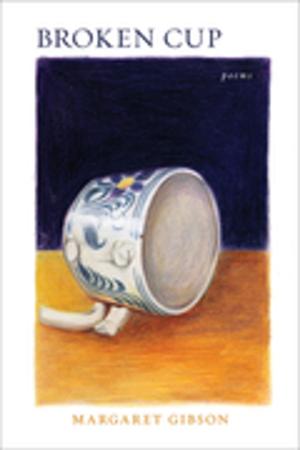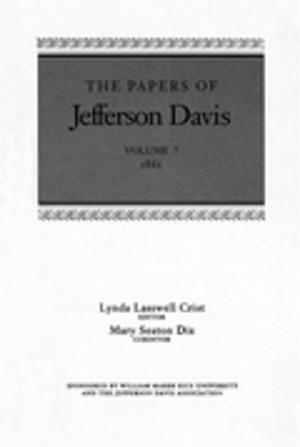The South's Tolerable Alien
Roman Catholics in Alabama and Georgia, 1945--1970
Nonfiction, Social & Cultural Studies, Political Science, Politics, Civil Rights, Religion & Spirituality, Christianity, Denominations, Catholic, Catholicism, History, Americas, United States| Author: | Andrew S. Moore | ISBN: | 9780807148624 |
| Publisher: | LSU Press | Publication: | March 1, 2007 |
| Imprint: | LSU Press | Language: | English |
| Author: | Andrew S. Moore |
| ISBN: | 9780807148624 |
| Publisher: | LSU Press |
| Publication: | March 1, 2007 |
| Imprint: | LSU Press |
| Language: | English |
In The South's Tolerable Alien, Andrew S. Moore probes the role of Catholics in the post--World War II South and argues persuasively that, until the 1960s, religion rivaled race as a boundary separating residents of the Bible Belt. Delving deep into underutilized diocesan archives, he explores the ways in which southern Catholics worked to be both good Catholics and good southerners in a region largely defined by Protestant denominations, and explains how the burgeoning civil rights movement ultimately breached these religious barriers.
With religious intolerance integral to southern Protestant identity, anti-Catholicism persisted longer in the South than in any other part of the country. Yet despite the prejudices against them, southern Catholics refused to shrink from public view, creating a separate subculture to sustain their religious identity as they marked out public sacred space from which they could engage their critics. Moore describes in detail the Catholics' civic displays and public rituals -- including the diocese of Mobile-Birmingham's annual Christ the King celebrations, which featured downtown parades of over 25,000 people. More than mere assertions of their presence, these pageants provided Catholics with opportunities to craft a secular identity within the American mainstream.
As Moore maintains, the rise of the civil rights movement slowly diminished religious tension among white southerners as violent confrontations in Selma and Birmingham forced Catholics, as well as others, to take a stand. Once the civil rights movement was in full swing, either support for or opposition to racial desegregation became paramount and contributed to social and political realignments along racial lines instead of religious ones. Comparing the responses to the struggle to end Jim Crow among dioceses, Moore finds that, among Catholics, there was no simple liberal/conservative dichotomy. Instead, he argues that, in the South, the civil rights movement was more important than the Second Vatican Council in reshaping the social and political stances of the Catholic Church.
By describing the relationship between Catholics and Protestants in the South from a Catholic perspective, Moore demonstrates that, despite the persistence of anti-Catholicism throughout this period, white Protestants were gradually coming to terms with the modern South's religious pluralism. With The South's Tolerable Alien, Moore offers the first serious analysis of southern Catholicism outside of Louisiana and makes an enormous contribution to the study of southern religion.
In The South's Tolerable Alien, Andrew S. Moore probes the role of Catholics in the post--World War II South and argues persuasively that, until the 1960s, religion rivaled race as a boundary separating residents of the Bible Belt. Delving deep into underutilized diocesan archives, he explores the ways in which southern Catholics worked to be both good Catholics and good southerners in a region largely defined by Protestant denominations, and explains how the burgeoning civil rights movement ultimately breached these religious barriers.
With religious intolerance integral to southern Protestant identity, anti-Catholicism persisted longer in the South than in any other part of the country. Yet despite the prejudices against them, southern Catholics refused to shrink from public view, creating a separate subculture to sustain their religious identity as they marked out public sacred space from which they could engage their critics. Moore describes in detail the Catholics' civic displays and public rituals -- including the diocese of Mobile-Birmingham's annual Christ the King celebrations, which featured downtown parades of over 25,000 people. More than mere assertions of their presence, these pageants provided Catholics with opportunities to craft a secular identity within the American mainstream.
As Moore maintains, the rise of the civil rights movement slowly diminished religious tension among white southerners as violent confrontations in Selma and Birmingham forced Catholics, as well as others, to take a stand. Once the civil rights movement was in full swing, either support for or opposition to racial desegregation became paramount and contributed to social and political realignments along racial lines instead of religious ones. Comparing the responses to the struggle to end Jim Crow among dioceses, Moore finds that, among Catholics, there was no simple liberal/conservative dichotomy. Instead, he argues that, in the South, the civil rights movement was more important than the Second Vatican Council in reshaping the social and political stances of the Catholic Church.
By describing the relationship between Catholics and Protestants in the South from a Catholic perspective, Moore demonstrates that, despite the persistence of anti-Catholicism throughout this period, white Protestants were gradually coming to terms with the modern South's religious pluralism. With The South's Tolerable Alien, Moore offers the first serious analysis of southern Catholicism outside of Louisiana and makes an enormous contribution to the study of southern religion.
